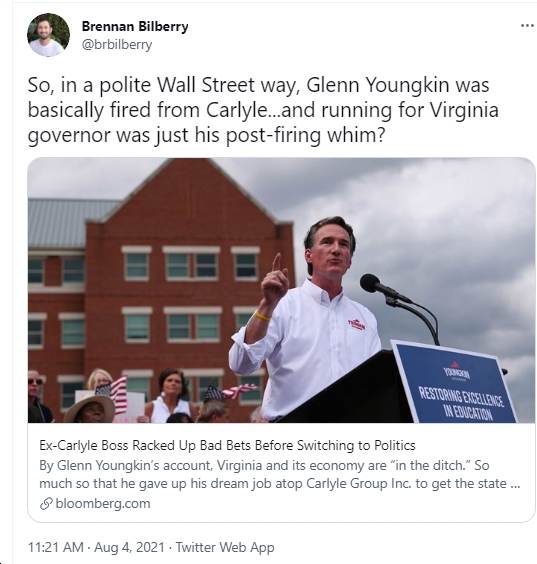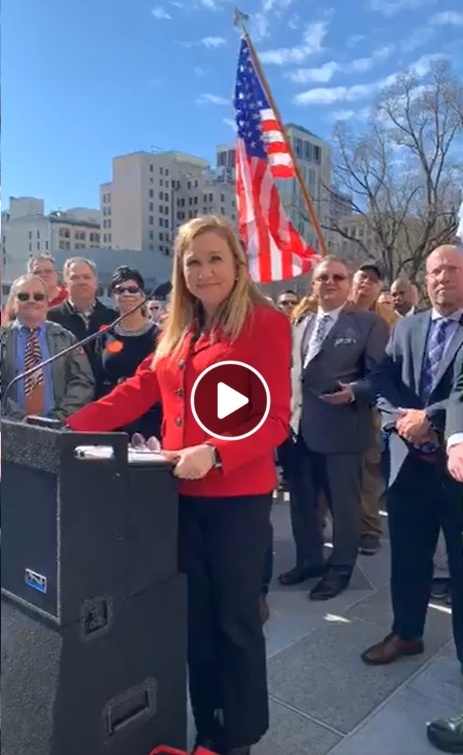From the Sam Rasoul for Lt. Governor campaign:
Rasoul Introduces Plan To Cut Broadband Internet Prices And Expand Access
Plan includes providing free broadband to publicly-supported communities and requiring that big telecom corporations offer an affordable Basic Plan
Proposal also bans campaign donations from big telecoms and empowers co-ops and localities to expand alternatives
ROANOKE – On Friday, Virginia candidate for lieutenant governor Del. Sam Rasoul (D-11) announced a plan to cut broadband prices while increasing access and reigning in corporate telecoms’ influence in Richmond.
More than 697,000 Virginians don’t have broadband internet in their home due to a lack of infrastructure or the high cost, and COVID-19 made the need for equitable access to affordable broadband more urgent. Workers without a reliable internet connection in the home don’t have opportunities to work from home, and their children are falling behind their classmates in school who have broadband at home.
Rasoul’s plan includes:
- Requiring big telecoms to offer an affordable Basic Plan
- Free broadband for low-income public housing residents
- Banning campaign donations from big telecoms
- Ending the monopolistic status quo by empowering localities and co-ops to build public and independent alternatives
- Collecting accurate data on who has broadband access
- Expanding state broadband grant programs for locally-owned networks
- Allowing local governments to issue bonds to build the networks
Read the full plan on Rasoul’s website.
“Broadband access means two things: Infrastructure and affordability. The internet must be treated like a necessary utility, not a profit-making machine for a few giant telecom corporations,” Rasoul said. “This plan frees Virginians from the telecom lobby’s powerful influence, creates new economic opportunity by expanding infrastructure, and helps to close the digital divide for low-income and rural residents who previously couldn’t work or learn from home.”
Rasoul visited Norton, Virginia, a community in Virginia’s rural southwest that was hit hard in recent years when two of the largest employers left. “Your number one employer was the call center. Your number two employer was the hospital,” said Rance, a Norton resident. “There’s your number one and number two employer gone in two years. Since that happened, none of those jobs have come back.” Rance was able to get a job working from home for a tech company, but many don’t have that same opportunity due to the lack of affordable internet. “With more companies moving to remote work, I do feel like there are more opportunities for professionals who want to stay in this area but work remotely.”
Watch the video from Norton here.


















